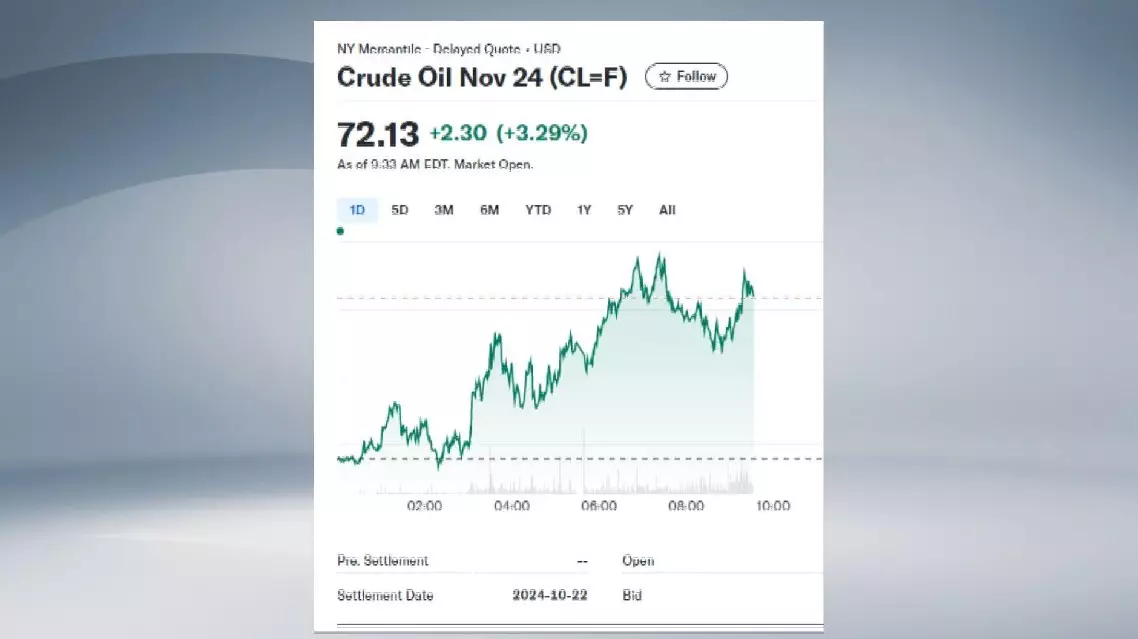The Chinese financial hub of Shanghai has been promoting the high-quality development of its modern maritime service sector, as the country strives to be a maritime power with world class shipping facilities supporting a high volume of goods transported by sea.
In the past, exporters of new energy vehicles, lithium batteries and solar cells, collectively referred to as the "three new things" in China's foreign trade, had to go through extensive customs declaration paperwork to ship these goods, which were considered as hazardous cargo.
Authorities at the Shanghai Port have made significant strides in streamlining the declaration process, allowing exporters to complete just one declaration form before dispatching their goods.
The single declaration system for inbound and outbound cargo employs cross-domain data sharing with other ports, enabling Shanghai Port to reduce declaration time by at least 48 hours, greatly reducing costs for enterprises.
"From January to July this year, Yangshan Customs supervised 140,000 new energy vehicles, a 3 percent increase year on year. We've adopted the 'Customs and Enterprise Contact Person' system to accurately contact wharves, shipping agents and automobile enterprises to facilitate better trade," said Xu Zhenzhong, Deputy Chief of Logistics Monitoring Section Five at Yangshan Customs.
A range of supportive policies has propelled Shanghai Port to the top of the global rankings in terms of container throughput for 14 consecutive years.
"We use technology to empower the industry, such as an integrated data-based platform to visualize the entire logistics process. Beyond that, Shanghai also actively participates in the decarbonization development of the shipping industry," said Zhao Nan, Deputy Secretary General of Shanghai International Shipping Institute.
China’s shipping industry has flourished in recent years, with about 95 percent of foreign trade goods sent by sea.
An executive from the world's largest ship management group said that the huge potential of China's shipping industry is what drew the London-based company to invest extensively in its operations in the country.
"We came to China because we saw the huge potential in China. The China shipping industry has developed enormously. It used to be Japan, Korea in the past, but now China has definitely taken over that leading role. They are the number one country in the world in terms of shipbuilding. They are the number one country in the world in terms of tonnages and shipping, and I can only think that it will grow further and further,” said Jan Breme, Managing Director of V.Group China Office, a ship management company headquartered in London.

Shanghai promotes high-quality development of modern maritime services









